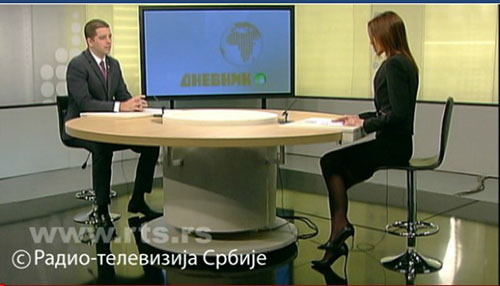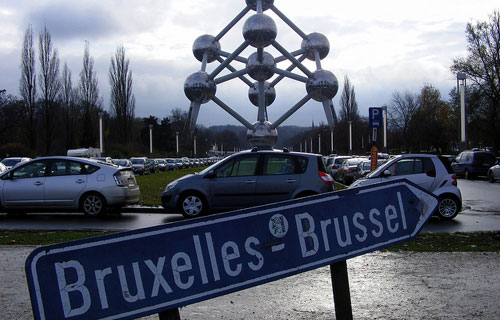Đurić: EU does not require that we recognize unilaterally proclaimed independence
Director of the Office for Kosovo and Metohija, Marko Đurić stated that the EU's platform for accession negations on Chapter 35 does not require recognition of the unilaterally proclaimed independence of Serbia's southern province, but that negotiations within the chapter would be hard.

Đurić specified that the document indicating the common EU position calls for implementing and reviewing of agreements hitherto reached, while "providing much space for the EU institutions and countries to interpret the manner of implementing those agreements".
"Naturally, such a process holds certain risks, and it is therefore important that our side enlist as much support from the international community as possible," Đurić told RTS.
Đurić explained that Chapter 35 is extremely hard for us since it links the process of normalizing relations with our southern province and Serbia's EU integrations.
"However, as a reliable partner and the party implementing the agreed despite Priština's obstructions, we already demonstrated that it is possible to make progress in the European integrations. And yesterday is a proof of that," Đurić said.
Đurić said that the first draft of the platform has been softened to some extent.
"However, given that many EU Member States recognized the unilaterally proclaimed independence, there is no doubt that we have tough negotiations ahead of us."
On the other hand, nowhere in the platform is it requested that Serbia recognize the unilaterally proclaimed independence of the so-called Kosovo, and when it comes to the normalization of relations, for Belgrade it means normalization of relations with our southern province.
"We don't want to highlight our differences with Priština. I am aware that we cannot agree over the issue of status, nor will be able to do so in the near future, but we must agree that people can have normal lives and that the institutions should be functioning," Đurić said.
He added that all chapters in the EU accession negotiations include the option of stopping the process in case there are extensive differences between countries requesting accession and decision making countries.
"But we should not think that way. Rather, we should concentrate on harmonizing our positions and on enlisting others for our position, as we have already successfully done over the past two years. The best benchmark for that is that, despite the horrific obstruction on the part of Priština, Brussels continues to see Belgrade as a party abiding by treaties and agreements, and the one reaching out in the process of European integration," Đurić said.


